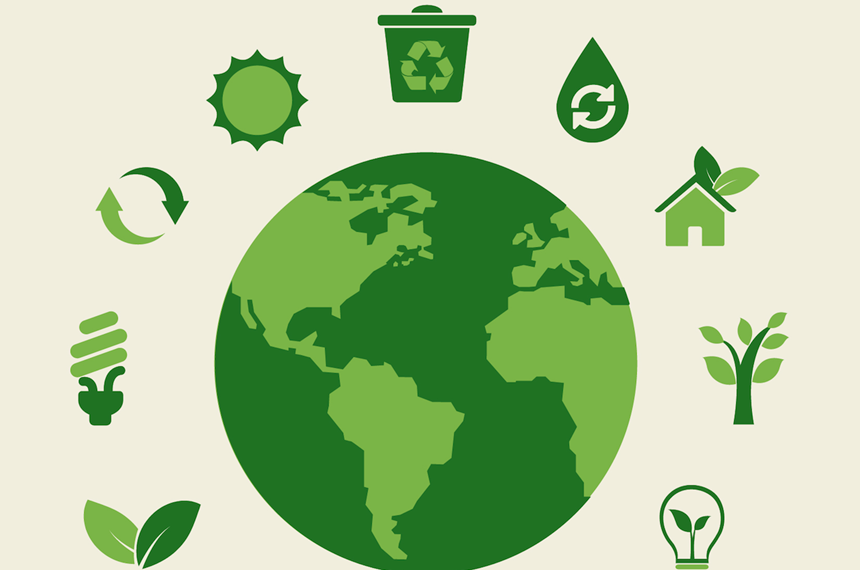
Directive regarding the subject of Eco labeling
Ecolabels have become a useful tool to summarize concisely products characteristics related to sustainability. Eco-labelling seeks to inform consumers about the effects on the environment of the production, consumption and waste phases of the products/services consumed.
Consequently, it seeks to fulfil two objectives:
(1) to provide consumers with more information about the environmental effects of their consumption, generating a change towards more environmentally friendly consumption patterns, and
(2) to encourage producers, governments and other agents to increase the environmental standards of products/services.
Although ecolabels attempt to decrease the market inefficiency of information asymmetry, with the express purpose of reducing stakeholders’ insecurity about the soundness of green product prerogatives, actually there is short evidence supporting their effectiveness.
The aim of the lecture by the LUM University and an interactive workshop is to analyze structural and upstream features hindering full accreditation and recognition of ecolabels. The focus is on the agri-food industry, one of the most debated sector with regards to sustainability, because of its visibility and its evident implications in term of social and health concerns. Not by chance, almost one-third of the total amount of worldwide ecolabels is concentrated in agri-food sector. Relevant stakeholders will be invited to share their experiences.
Educational materials regarding this topic can be found below:
TRUCOST
B planet's green sealing wax
06.02.2018.
It looks like a seal wax, but B Corp is much more than that. A Certified B Corporation or a B Corp is a "quality benefit label” issued since 2007 by the international non-profit organization B Lab. B Corps are for-profit companies that pursue goals other than simply making profit: to have a positive impact on people, the environment and the community in which they operate.
more...EU Ecolabel: where does Italy stand?
08.12.2017.
From 1998, the year of the first EU Ecolabel licenses in Italy, until today, there has been a remarkable evolution. In fact, the data show a general positive growth trend in both the number of labeled products and services and Ecolabel EU licenses. Some downturns occurred in particular in the years from 2009 to 2010 and in the years 2015 and 2016, because of the introduction of new Ecolabel EU criteria to which already licensed companies had to conform, which resulted in the withdrawal of certain licenses.
more...Commission evaluates the implementation of EU Ecolabel and EMAS (Eco-Management and Audit Scheme)
08.11.2017.
On June 30th this year, the European Commission published results of the fitness check on the EU Ecolabel and EMAS (Eco-Management and Audit Scheme) voluntary certification schemes. The study was carried out with the aim of verifying to what extent the two regulations, EU Ecolabel and EMAS, are effective in achieving the benefits for citizens, businesses and society. The study showed the relevance, efficiency, effectiveness, consistency and added value the two certification schemes have for the European Union.
EU Ecolabel celebrates 25 years of life!
24.10.2017.
The EU ecolabel is a European Ecolabel certification tool designed to highlight the reduced environmental impact that characterizes the product's production chain and its subsequent life cycle phases. It was set up by the European Union in 1992 by Regulation No 880/92 and subsequently governed by European Commission Regulation No 66/2010 in force with all member countries and countries belonging to the European Economic Area.
more...“CSR Made in Germany” Label
28.07.2017.
A project of Initiative Deutschlandsiegel aims to introduce a sustainability CSR label for products made in Germany that reflects high quality and CSR standards in production.The initiative has gathered more than 60 well-known companies that have registered a total of 156 products under the certificate label.
more...The end of the sticky label
17.07.2017.
Eco-labelling was introduced to raise awareness and to develop trust that you are purchasing your produce from sustainable sources. It has developed into a massive business now, with Fairtrade products in the UK making for the £1bn worth of sales. There are more than 370 schemes across 112 countries across 21 different sectors. The question is has eco-labelling become too successful? Are there now too many certifications creating confusion and now levees a burden on the actual farmers?
more...


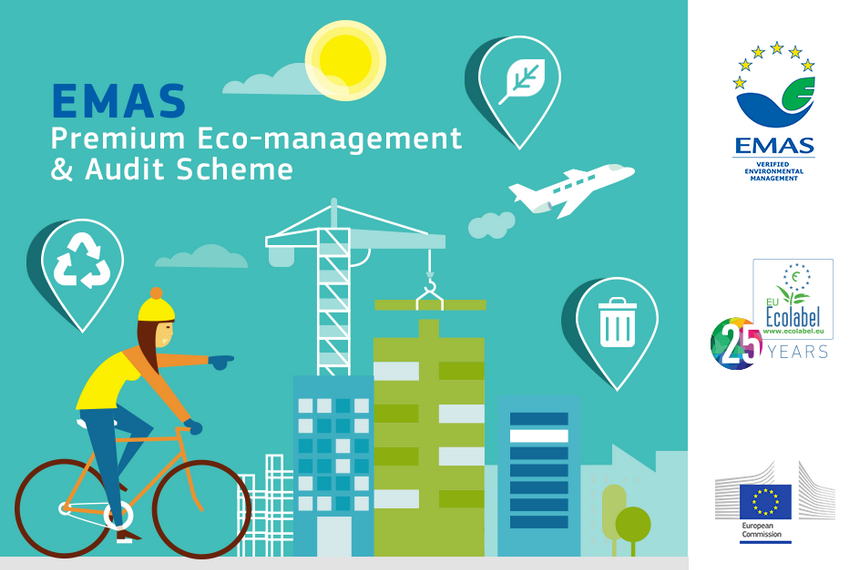
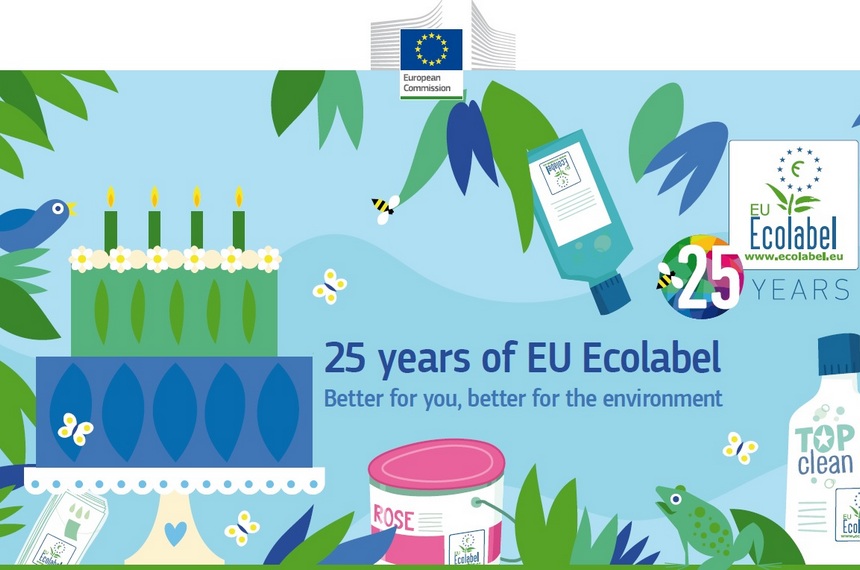
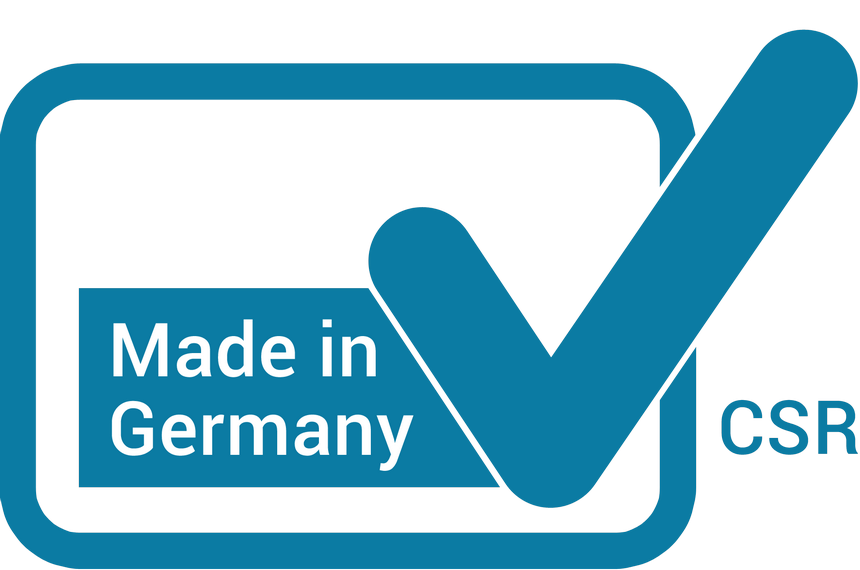
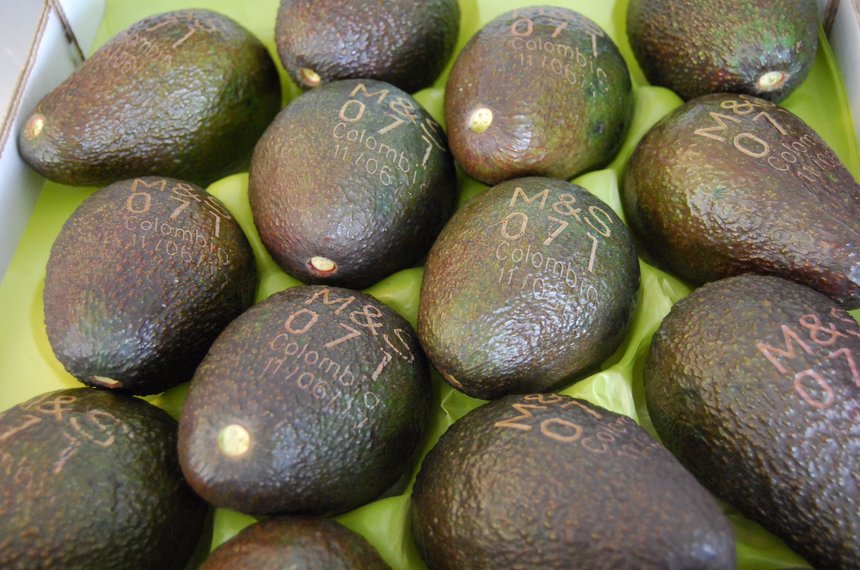
Follow us on